The Partners project
antic Pays Basque
ANTIC is a not-for-profit association set up in 1999 by the Basque Country Conurbation and has been supported by it ever since. Seeing digital technology as an opportunity for the region For many years, it has been involved in developing its uses, disseminating digital culture and implementing experimental projects. To achieve this, ANTIC offers a range of services: training in digital tools and strategies, advice and support advice and support on digital uses, organisation of seminars, workshops and events to help integrate integrating digital technology into any organisation, and engineering innovative projects, particularly at European level.
In fact, its mission positions it as an agency that WATCHES (identifying trends and providing value-added information), SUPPORTS (training, integrating uses), EXCHANGES (disseminating knowledge and encouraging collaboration) and EXPERIMENTS (developing projects and testing new technologies). knowledge and encourage collaboration) and EXPERIMENTS (developing projects and testing services and services and uses to innovate), particularly but not exclusively in the field of digital uses. Since 2020, it has focused its activities on responsible and accessible digital technology (ANTIC = 1st structure in the 64 department to be awarded the responsible digital label).
Its skills and experience are focused on leading a multi-stakeholder network made up of local authorities, training and research bodies - universities, private companies and associations, etc, training and research organisations-universities, private companies and associations, etc.; disseminating innovative digital uses innovative digital uses; social innovation projects; digital uses in response to local development challenges local development; engineering capacities; the creation of actions to encourage local initiatives and local local players.
ANTIC has many years of experience as a partner or coordinator on various projects funded by funded projects.
antic Pays Basque website
AdoEnia
(Maison des Ados du Pays Basque of the CHCB in Bayonne), created in 2009 to be as close as possible to the concerns of young people and to develop the CHCB's mental health speciality and its health prevention policy in the Basque region. and to develop the CHCB's mental health speciality and its health prevention policy in the Pays Basque region. Since 2015, AdoEnia has been working on the issue of screens among young people and carrying out prevention initiatives for more than 14,000 young people on digital practices with interventions in schools more than 70 talks for parents at parenting evenings on digital issues.
It's a resource centre and an expert on digital issues for educators, social workers, youth workers who want to improve their digital skills. Since 2017, AdoEnia has been coordinating the departmental "Promeneurs du Net du Net" scheme run by the CNAF and coordinates 50 professionals as part of the extrapolation of their missions to digital and prevention on social networks.
For several years, professionals in the area have identified CHCB (AdoEnia) as a resource centre and an expert on digital issues. expert on digital issues. CHCB works with educators, social workers and youth workers to to help them develop their digital skills.
AdoEnia website
La Particule
La Particule is a Belgian non-profit association (ASBL), approved by the Administration Générale de l'Aide à la Jeunesse as a service d'Action en Milieu Ouvert (AMO) and funded by the Fédération Wallonie-Bruxelles. The aim of the association is to carry out specialised prevention activities, as defined in the Prevention, Youth Assistance and Youth Protection Code. These actions are developed within a dynamic of educational prevention or social prevention, for the benefit of young people aged 0 to 22 in an area of action established in 5 Liège municipalities: Braives, Burdinne, Hannut, Lincent and Wasseiges. Prevention activities are carried out in the living environments of young people, in their relations with their social environment, without any administrative or judicial mandate.It provides individual educational or collectively on a range of issues:
- Parenting support/relationship support
- Hooking up and dropping out of school/being well at school
- Support for the development of autonomy/access to socialisation spaces
- Education/infamilial violence
- Sexuality-related issues/access to housing
- (Cyber)harassment/access to food; access to mobility, etc.

Vilniaus atviras jaunimo centras “Mes”
Lithuanian youth centre operating in 7 areas of the city of Vilnius in different neighbourhoods since 2012 to meet the needs of children and young people: help with homework, board games, communication and varied activities with young people, support towards volunteering and employment, constructive conflict resolution, stress management, self-awareness, etc. stress management, self-awareness, etc.
MES creates an atmosphere where everyone feels important, needed and safe. express themselves and be part of the community. Creating a safe space based on the voluntary participation of young people voluntary participation of young people remains a key priority for the organisation. group and individual counselling for young people.
MES pays great attention to strengthening young people's identity and critical thinking skills, as well as to and self-awareness. In its activities, the social and life skills of young people are their autonomy, both in the home (cooking, cleaning, etc.) and in making various day-to-day decisions (school, work, etc.). decisions (school, work, volunteering, etc.).
MES helps young people to overcome more complex situations (constructive conflict resolution, stress management, etc.) to prepare them for integration into the adult world and society. stress management, etc.) to prepare them for integration into the adult world and society.
MES website
University of the Basque Country
The work of the UPV/EHU in this project consists of carrying out a diagnosis of the habits of use of digital devices, mediation and digital competence of families, teachers and students in Primary Education. For this purpose, different data collection techniques or tools will be used, such as: questionnaires, discussion groups, digital diary and forum theatre.
These tasks will be carried out by the GANDERE Research Group of the Faculty of Education, Philosophy and Anthropology (HEFA) of the UPV/EHU. The research group has extensive experience in various lines of research in the socio-educational field, among which it is worth highlighting the line related to the digital competence of children, adolescents, teachers and families.
GANDERE Website

